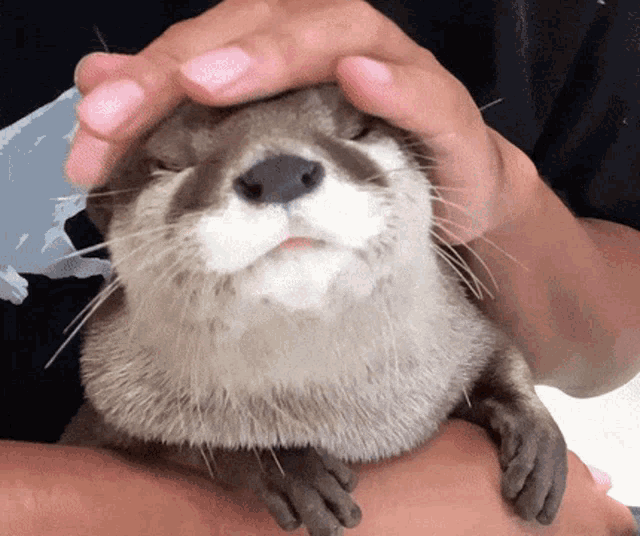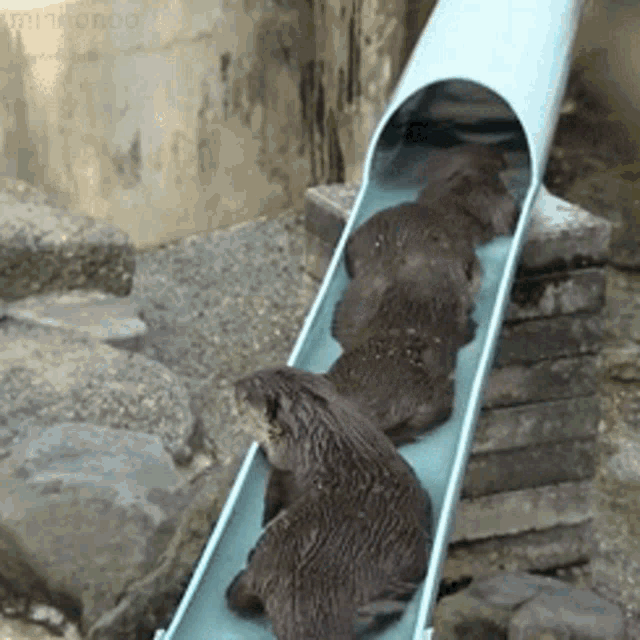
The quest was simple: find a life of stability doing what you love. The route wasn’t easy, but with dedication, you made your way: writing, submitting, dealing with rejection, and teaching the craft as you went. A two-hour-a-week university post with a termly, hourly-paid contract. Always freelance, always scrabbling for the next piece of work or funding, but bit by bit, growing a reputation in literary circles and not just for drinking too much free wine at the parties, although yes, that too.
Getting funding for a PhD in Creative Writing was the turning point. The next four years weren’t easy, but the book? The book was something else, and it landed a big, juicy deal. There was a launch at the British Library. The publisher wrapped it in copies of 16th-century maps, sealed with wax seals, and sent it to celebrities for Christmas. There were mainstream reviews, BBC Radio 4 discussions and appearances, high-profile lit fests with paid accommodation and glorious green rooms. There were two big prize wins and a place on a high-profile longlist. Thanks to all this, at last, you won your stability. The dream job at Goldsmiths. Tenure.
You lightened up. You learned standup. You often wrote humour. Then it was 2024.
When someone’s lawyers start writing to you, threatening court action and demanding damages, life starts to feel serious. Especially when that coincides with losing your job and knowing there isn’t another one for you because you are officially old now and the sector is collapsing. And when these two events coincide with the funeral of your father-in-law? Despite some great gags at the funeral — Ron was a funny guy, and writing topical material for Radio 4 when I met his son — early July ushered in some experiences that wiped the smile off my face. The second part of the “trauma with humour” tagline I used to use for these weekly posts melted and slipped through the cracks.
Sure, you can reframe all these things as an opportunity. The last three years have contained experience after experience that I have rebranded for myself as “massive personal development training.” Each one has severely tested my resilience and lasted for months.
I have definitely grown, and not just through stress-induced comfort eating, poor sleep, and mismanagement of my thyroid disorder. Each experience, subjected to my stalwart survival tool, EFT tapping, has led me to uncover and heal another layer of early damage, all the way down to being a somewhat unwelcome presence in my depressed mother’s womb, which set the pattern for a lifetime of insecurity. These uncoverings have led to a deeper understanding (of self and others), for which I am hugely grateful. They have led to many of the most powerful pieces I’ve published on Substack this year, and I know they are also informing my fiction. But it is time to change gear.
In my other esoteric area of interest, I have long espoused the importance of embracing uncertainty. I have even delivered a 40-minute talk on the subject. But it’s much easier to embrace uncertainty in literary-historical matters than it is when you find yourself utterly unmoored in your own life with no visible means of support.
And this is the point. There it is, hidden in that last phrase. No visible means of support. No employer. No additional household salary. No wealthy benefactor to pay the bills and the mortgage. No forthcoming inheritance. Yet I have spent nearly twenty years learning that I, like all humans (whether we know it or not), have an invisible means of support. And from the way this year has burned several security blankets to cinders, I take the cue that this is the time to fully embrace the kind of faith I wrote about a decade ago in Devotion.
It is one thing to know the value of surrender; it is another to surrender. If your faith in the goodness of life is incomplete, and you cling hard to semi-toxic securities (like the job I loved, which also took time from writing), sometimes you have to be forced into letting go. The thing itself must be torn away. I would never willingly jump off the cliff into joblessness. I had to be pushed. So, will I fatally hit the ground? Or remember my parachute and pull the cord?
Okay, you say, but where are the otters? We were promised otters. You wrote a Note about otters with an otter pic, and we voted mostly for otters. Your title starts “An Otterly…” yet so far, this post is utterly otter-free! Give us some flexible aquatic mammals, for goodness’ sake!
Fear not, the otters are coming.
I weirdly want that on a T-shirt now. Maybe it should be the enigmatic short description for my Substack, which I have been changing almost weekly recently, trying to find the right note. Let me ask you to help me with that. Why do you subscribe? What do you love about Writing A Better World? What does it bring into your life? I would value your thoughts if you could spare a moment to tell me, either now or once you’ve had your full serving of otters.
In March, on my way to teach a poetry workshop at Somerset House, I randomly took a photograph of the Royal Courts of Justice. I posted it on social media, remarking on how fortunate I felt to be in a city with so many beautiful buildings. Little did I realise that by the end of the year, I would be entering that very building, to appear in Court 37 as The Defendant in a defamation case.
That’s what you get for being a smartarse when you have zero understanding of UK defamation law. But also for breaking The Golden Rule: Do As You Would Be Done By. For years, I avoided getting personal despite many people getting personal with me. But being treated with contempt finally got to me. And buoyant, through healing my fear of angry men, I grew unwise. I was slapdash, cocky and unkind, and I didn’t have a legal leg to stand on.
The night before court, I was feeling — as I have been feeling quite a lot these last few months — a little stressed. Through lawyers, we’d agreed my apology, and settlement, and I knew it should be a formality. Still, I needed the process to be over.
To be close to the court, I stayed up in London with friends. The loveliest people, and also professional clowns. They make me laugh like no one else on the planet. Comedy, even though it got me into trouble, is my answer to serious things. They had me laughing all the way to bed.
Overnight, I dreamt of otters. In the dream, I had adopted an otter and was looking after it by carrying it around in my arms, but when I returned to my home (a single-story building with a sea-adjacent garden), it had become an otter sanctuary. Otters had moved themselves in and filled almost every inch of lawn and pathway, playing and chattering. Some were happily covered in a dusting of snow, which they shook off when I arrived, and they came to greet me. The one in my arms climbed down to join them, relieving me of burden and responsibility.
But out to sea, an orca was coming towards them. A flicker of terror. Surely it was coming to eat them. But when it reached the garden, the orca delivered onto the shore a diver who’d been drowning. Maybe that, too, was me. Having saved the life of that human, the whale swam away without eating any otters. The dream felt enormously reassuring and wholesome.
I got to Temple station early and had a cup of tea at the cafe there in the sunshine. I texted my husband about the otters, and he sent me some googled information:
Otters symbolize change.
Otters mean a transition is coming that will have a positive impact on your life. They symbolize embracing new things while forgetting the past
Otters are spiritual guides who show up when:
You need to be sensible without suspicion.
You need guidance in unmasking your talents.
You need to be joyous.
You need to have laughter.
You need to take some things lightly.
They embody water and earth energies parallel with Sea Otters and River Otters. The connection with moving water gives otters the meaning of awareness of the subconscious, emotions, and psychism.
My husband added,
Dang! Good dream animal!
I walked into the Royal Courts of Justice that morning and thought to myself,
"I have otters."
It didn't seem so bad. The two-page statement was read; I recited my agreement. My thought as I left that beautiful building: play stupid games, win stupid prizes.
I mean to play more fun games from this point on. I’m going to get better acquainted with my invisible means of support. I’m going to let go of this anguish about security. What happens next is much more profound than A Job. Hell, who wants A Job? I’ll see what occurs; be flexible, play, watch the waves.
Next year, I may well let my house out — my foundational source of security —and live on the road for a while. Tomorrow, we’re buying an old horsebox to convert to a live-in. Whatever happens, I am going to have fun. It’s otters all the way down.
I hope you’ll come with me.
+++ Your Like is both free and priceless +++












Honestly, I love your Substack because I love your voice and its honesty. And I relate so much to the struggles and joys of the path you’ve chosen. I don’t read it because I think I’ll discover 10 Tips to Becoming a Best-Seller or anything like that. I just feel, when I read your posts, that we’re all just staggering through this ridiculous shit-show, with its moments of otter sublimity, together.
When things are so bad that you don’t bother to watch the news, and leaf listlessly through the stories in the paper or on your phone, it is consoling, it is necessary, to write stories in which things get better. The one space where we have unfettered control is in our heads. That’s where we have to keep hope alive.